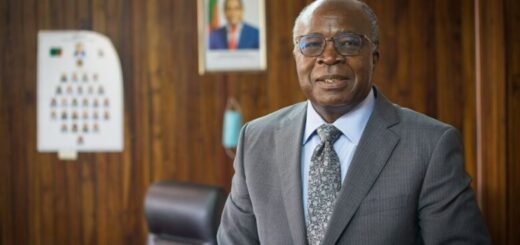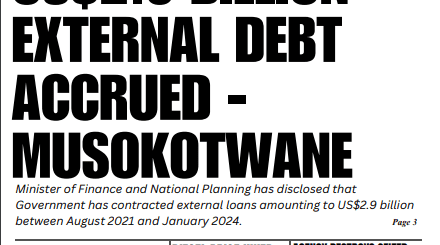Politicians Love to Be Told What They Want to Hear
One of the most disturbing trends we see in our political landscape is that many of our leaders prefer to surround themselves with people who feed them what they want to hear.
Instead of seeking counsel from those who may have differing opinions, they gravitate towards praise-singers and sycophants. This insidious practice is not unique to Zambia; it is a common flaw among many politicians worldwide.
However, its prevalence in Zambia has reached troubling levels, leaving a trail of national stagnation in its wake.
The mark of a great leader is the ability to listen to all voices, especially those who disagree with them. In a democratic society, the diversity of opinion should be cherished, not feared.
Those who already agree with the leader are, in essence, supporters who will likely continue to sing the leader’s praises. But it is the dissenters—the critics—who offer a vital check against hubris and short-sighted decision-making. Tragically, many of our politicians fail to recognize this simple truth.
During the previous administration, when we raised concerns about governance, those loyal to the leadership retaliated with alarming hostility. Some of us were threatened with violence, enduring verbal and psychological abuse simply for pointing out the flaws we saw in the country’s direction. The political climate was poisonous, making it clear that honest critique was not welcome, and disagreement was perceived as betrayal.
Our support for the current administration was never about blind allegiance but rather a desire to see Zambia avoid further economic and social degradation. We knew from the outset that no administration would ever meet our expectations fully, but we believed they could at least steer us away from the brink.
Unfortunately, it seems we are doomed to repeat the same patterns of arrogance, complacency, and resistance to truth-telling.
The previous administration now finds itself on the other side, lamenting the same mistakes we warned them about.
Many of its members have since admitted they wish they had listened when we cautioned them against the inevitable collapse if they did not amend their ways. This reflection, though belated, is valuable. However, it highlights a troubling hypocrisy. These very individuals now condemn the current administration for actions not so different from their own when they were in power.
Political power has a corrosive effect. It corrupts those who wield it, often pushing them to believe their hold on authority is invincible. This delusion blinds them to the reality that political power is fleeting, as transient as the morning dew under a rising sun.
Today, we see the current administration repeating the mistakes of its predecessors, convinced that their ideas are beyond reproach and that their actions are unimpeachable.
Anyone daring to question or offer constructive criticism is immediately branded a traitor. Our names have suddenly become politically inconvenient; our words are dismissed as politically incorrect or worse, as the cries of disgruntled individuals seeking favor. These are dangerous attitudes.
They close off dialogue, stifle innovation, and doom us to mediocrity. Worse still, they foster a culture where only the loudest cheerleaders gain the ear of those in power, while genuine voices of concern are shut out.
Our support for any administration has never been about personal gain. We do not aspire to political office or seek political favors. Our duty is to Zambia, to offer our voice when we see the country veering off course, to remind those in power of the promises they made to the Zambian people. It is a debt we owe to our homeland.
The truth is, we are witnessing the slow but sure deterioration of this administration, much like the last. The refusal to engage with dissenting voices is an ominous sign. If the current administration continues down this path, they risk becoming even worse than their predecessors.
And this reflects poorly not only on them but also on those of us who advocated for them in the first place. Our support for them came from a sincere belief that they could be different, that they could usher in a new era of leadership, accountability, and responsiveness to the people. But the cracks are showing, and the promises are wearing thin.
We have never shied away from pointing out their shortcomings, even from the beginning. If they fail, we will continue to call them out for that failure. However, our criticism is never rooted in a desire to return to the past. The past offers no solutions. We must not look to it for answers to the leadership crisis that has plagued our nation.
The time is ripe for Zambia to seek new leadership, untainted by the failings of both the present and the past. The leader we need is someone who values criticism as much as praise, someone who seeks out differing views, not out of insecurity, but out of a genuine desire to lead better.
Zambia deserves better leadership, and in due time, the country will get the leader it truly deserves—one that listens, one that grows from opposition, and one that puts the nation before personal or political gain.
Political power is not permanent, and the current administration must recognize that their tenure is temporary. Leaders who refuse to listen to those who speak inconvenient truths are only hastening their downfall.
Zambia needs leadership that is willing to hear the hard truths, reflect on them, and act for the good of the country, not just for the benefit of those already in their corner. If this administration fails, it will not be for lack of warning.








